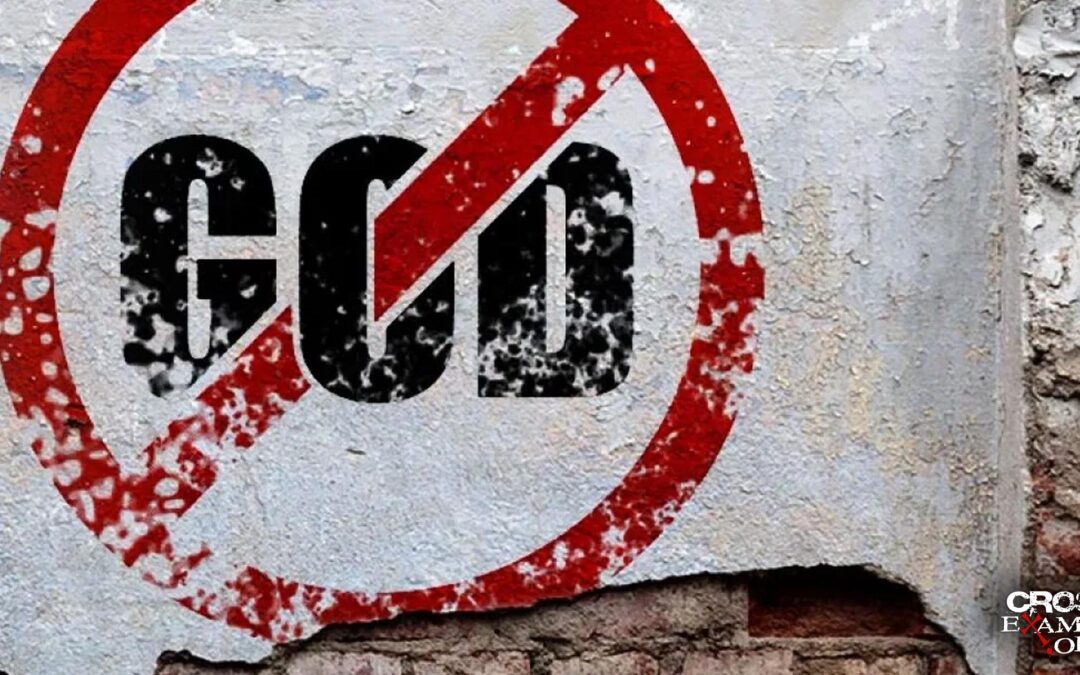God – Misused, Misplaced, yet most sought after
The word God has, over the course of thousands of years, been rendered almost devoid of meaning due to widespread misuse. I do use the term on occasion, but I do so with deliberate restraint. By misuse, I refer to the tendency of individuals—many of whom have never even sensed the sacred or glimpsed the infinite vastness the word attempts to represent—to speak of it with great certainty, as if they truly understand what they are discussing. Others argue vehemently against it, as though they fully comprehend what it is they are rejecting. Such misuse gives rise to irrational beliefs, dogmatic assertions, and ego-driven delusions, exemplified in declarations like “My God is the only true God, and yours is false,” or in Nietzsche’s well-known proclamation, “God is dead.”
But what is God? Or perhaps more fittingly, Who is God? To be honest, I do not know. I wish I did. In an age where spirituality often takes precedence over organised religion, and where aligning oneself with a particular sect, movement, or support group under the banner of God has become a cultural trend, I find myself pondering: at what point did we lose sight of the true essence of God?
Perhaps the most accurate description of God is simply this—a power greater than oneself. Where this power resides and how one might encounter it remains a subject of debate that has persisted since the very inception of the word God.
The problem is not the word itself but the ego that attaches to it. The ego wants certainty, ownership, and control—even over the divine. But the sacred cannot be possessed or debated into existence. It is something to be touched in stillness, to be sensed rather than said. Maybe the real invitation is to go beyond words—not to deny God, nor define God, but to experience that infinite presence the word was always meant to hint at.
Language is a powerful tool—but when it tries to define the undefinable, it often fails. Few words carry as much weight, controversy, and confusion as the word God. Over centuries, this simple word has been stretched, twisted, and wielded in ways that have emptied it of its original power. In many cases, it no longer points to a sacred mystery—it points to argument, division, and ego.
So, what exactly is God? That’s a question best answered through personal exploration, not secondhand definitions. Truthfully, if I had a neat, universal answer, I’d be packaging it in little boxes and giving it away like promotional freebies. But the mystery of God doesn’t lend itself to quick fixes or easy formulas. It’s a journey—one that demands curiosity, humility, and a willingness to sit with the unknown. So instead of waiting for someone else to define the divine for you, take the adventure inward. After all, the most profound truths are rarely found on a shelf.

